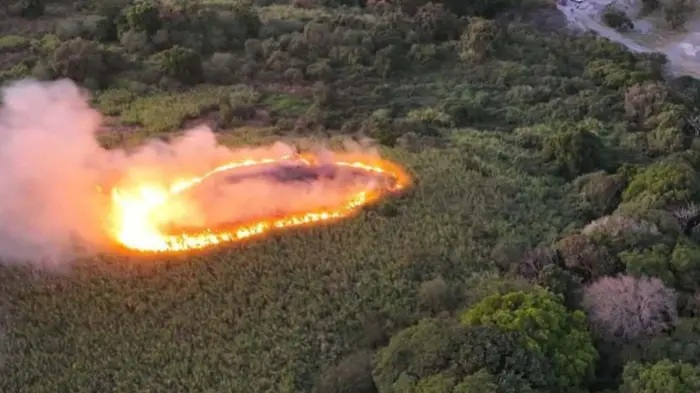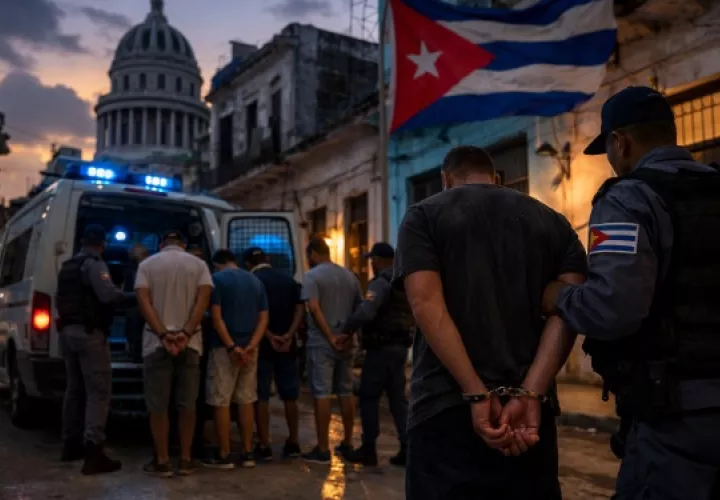Panama’s First Climate Displaced People

Overcrowding and rising sea levels are the two main reasons to push these islanders of the Guna ethnic group to decide to move to the mainland. During an official ceremony on Wednesday, Panamanian authorities will hand over the keys to their new homes on the mainland to some 300 families from Gardi Sugdub, a small Caribbean island affected by rising sea levels, who will become the first climate displaced persons in Panama.
Nuevo Cartí, in the indigenous region of Guna Yala and with an investment of 12.2 million dollars, will be delivered by the Panamanian president, Laurentino Cortizo, who in July will be replaced in office by José Raúl Mulino after his resounding electoral victory on May 5. Many believe that it is precisely this change in Government that has finally, after successive unfulfilled promises, materialized a project that was devised in 2010, and that since 2017 had the commitment of the Ministry of Housing to build the 300 homes. President Cortizo resumed the project in 2019 but the arrival of the covid-19 pandemic only delayed progress even more.

The island of Gardi Sugdub
There is no longer physical space to build more homes, in which grandparents and grandchildren live crowded together, while the rising waters make flooding frequent. The situation on dry land, however, is not ideal either. At least until recently, aspects such as garbage collection, power lines, access to drinking water or the full operation of a clinic whose construction has been progressing has not been resolved. They will also have to face diseases such as malaria more frequently, as there are more mosquitoes than on the island. Furthermore, the new settlement can be very hot as there is no shade from the eradication of trees and forests.
The type of housing construction does not help either, as it is more designed for a neighborhood in the capital than for an indigenous population on the coast, with architecture very far from their bamboo houses full of hammocks. The houses up on the hill get some breeze, but not as much as on the island. We know that heat waves are increasing and Panama has experienced intense heat in recent years and it will only get worse in the context of climate change. There is also the problem of the extreme erosion, where heavy rains have affected the land surrounding the houses.
There are more than 400 communities that have moved or are moving around the world due to problems derived from the climate crisis. In Panama alone, 63 poor, indigenous and Afro-descendant communities have been identified, which by 2050 will not be in their territories due to the rise in sea level. In addition to this first case of Guna Yala, another community on the Caribbean island of Colón, in Bocas del Toro, is also in the process of relocation.





